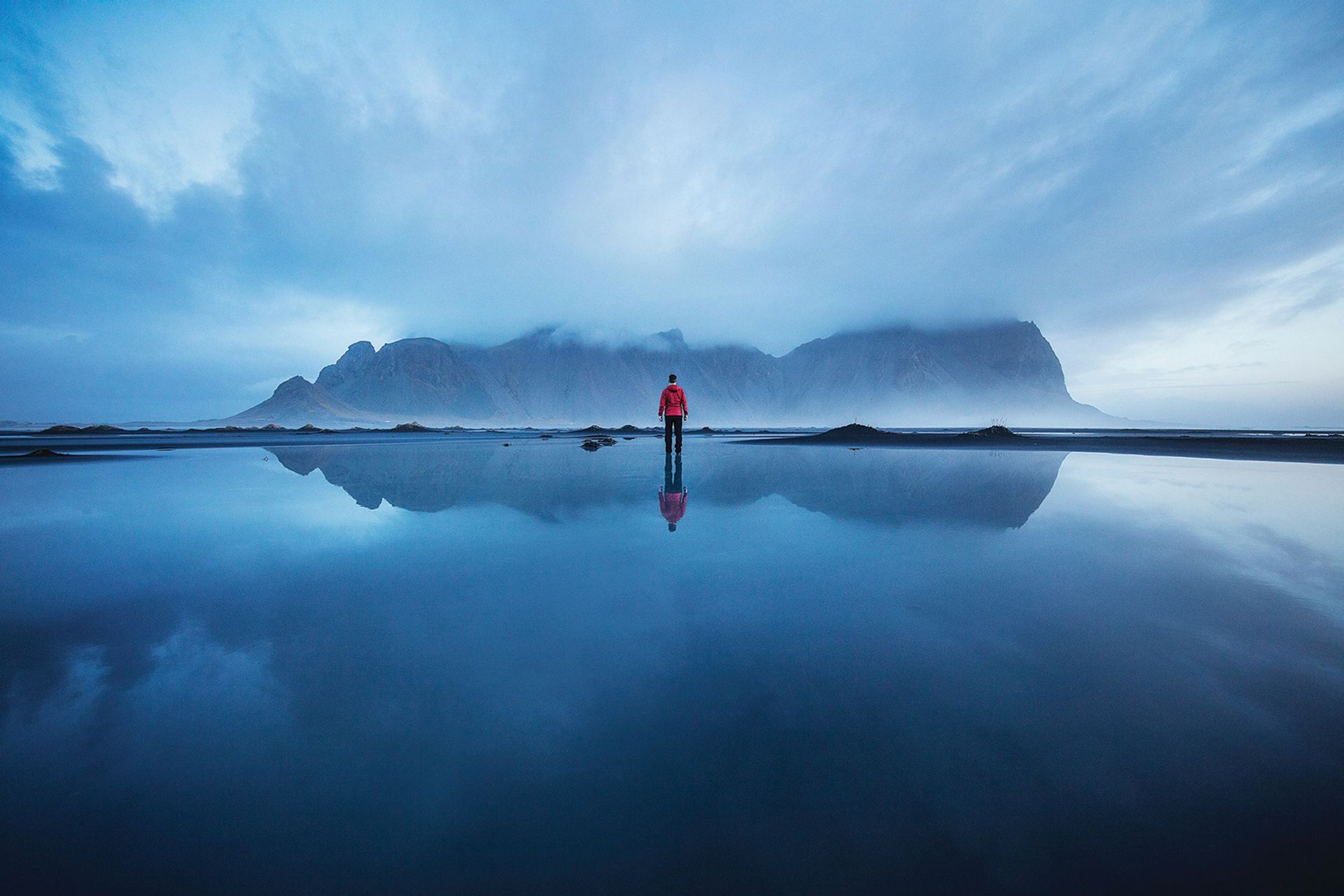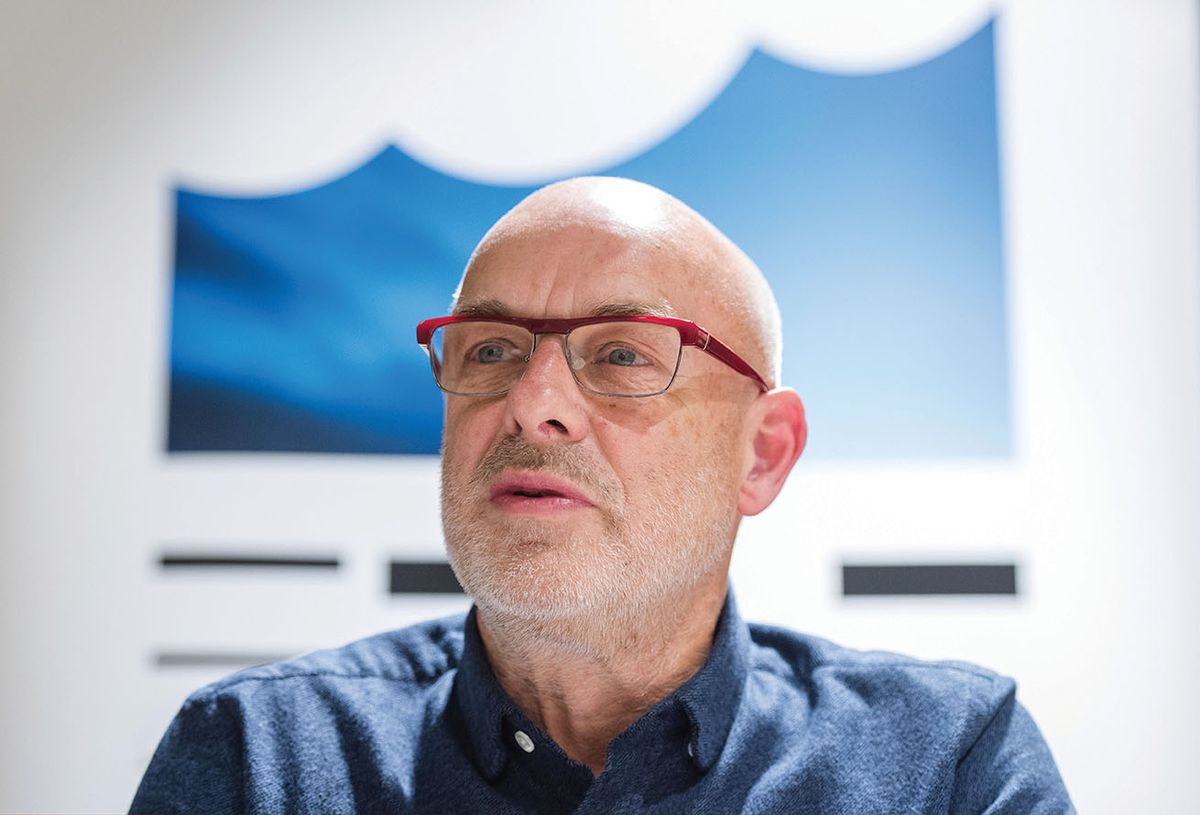We all know that beyond every other difficulty we might have, there looms one huge challenge: climate change. Here’s the issue in a nutshell: there is no hope of confronting the climate crisis unless we see systemic change at the level of national and global governance. Governments are unlikely to change direction without sustained pressure from citizens. Citizens can exert that pressure through non-governmental environmental organisations. But those organisations urgently need support: they are all struggling to stay afloat. Only about 2.5% of global charitable giving currently goes to environmental causes. We want to dramatically increase that, and EarthPercent is a way of doing it.
EarthPercent exists to encourage people in the music business—artists, managers, agents, promoters—to divert a small percentage of their income flows through EarthPercent, which in turn redirects the money towards the best and most effective environmental organisations. We exist to answer the question: “I want to help, but what’s the best thing I could do?”.
Critical hinge points
There is no shortage of money in the world, but while huge corporations spend billions snapping each other up, the really important work of saving the planet falls on the shoulders of voluntary or underpaid workers at environmental activist groups. What we would like to do is to tap into that global flood of money and siphon off a small percentage to be redirected to supporting the change that really matters, the change that gives us some chance of a future. We do that by locating the critical hinge points within the whole climate change ecosystem and finding the organisations that are doing the best work at those points.

Vestrahorn, south-east Iceland. New charity EarthPercent encourages people in the music industry to put a percentage of their income towards environmental projects © joshua-earle
EarthPercent says to people: “We’ll do the research to find the best organisations, we’ll monitor their progress, and we’ll guarantee to work with the best available current research”. We have a first-class team of scientific and environmental advisers to help us do that. The EarthPercent model is a simple idea that we are currently applying to the music business, but it could just as easily be taken up by the art world and I hope it will be. I have already been talking to some artists who have responded enthusiastically, and if we could get galleries and auction houses and art fairs involved then that would be absolutely fantastic.
Towards carbon neutrality
In the spirit of “clean up your own backyard” we will also be helping the music business to monitor and improve its own operations towards carbon neutrality. (Touring and streaming are energy-intensive activities.) Several bands are already working hard on this—Coldplay, The 1975, Massive Attack, U2, BTS and others. The art world might want to consider the same thing. When it comes to preventing climate catastrophe, every bit helps.
It is not all about prevention, though. In order to avoid an intolerable future, we need to fix many things: the economic system, the political system and the many inequalities we see around the world. But don’t we want to fix those things anyway? Could it be that climate change provides us with the justification for embarking on an enormous overhaul of human society? Could it be that we emerge from this struggle with a better, fairer and more creative society?
It is a huge adventure: this is going to be the big fight of all our lives, so we might as well enjoy it. It is not just about preventing something horrible, but also about imagining something better and using this opportunity to get us there.
As told to Louisa Buck


